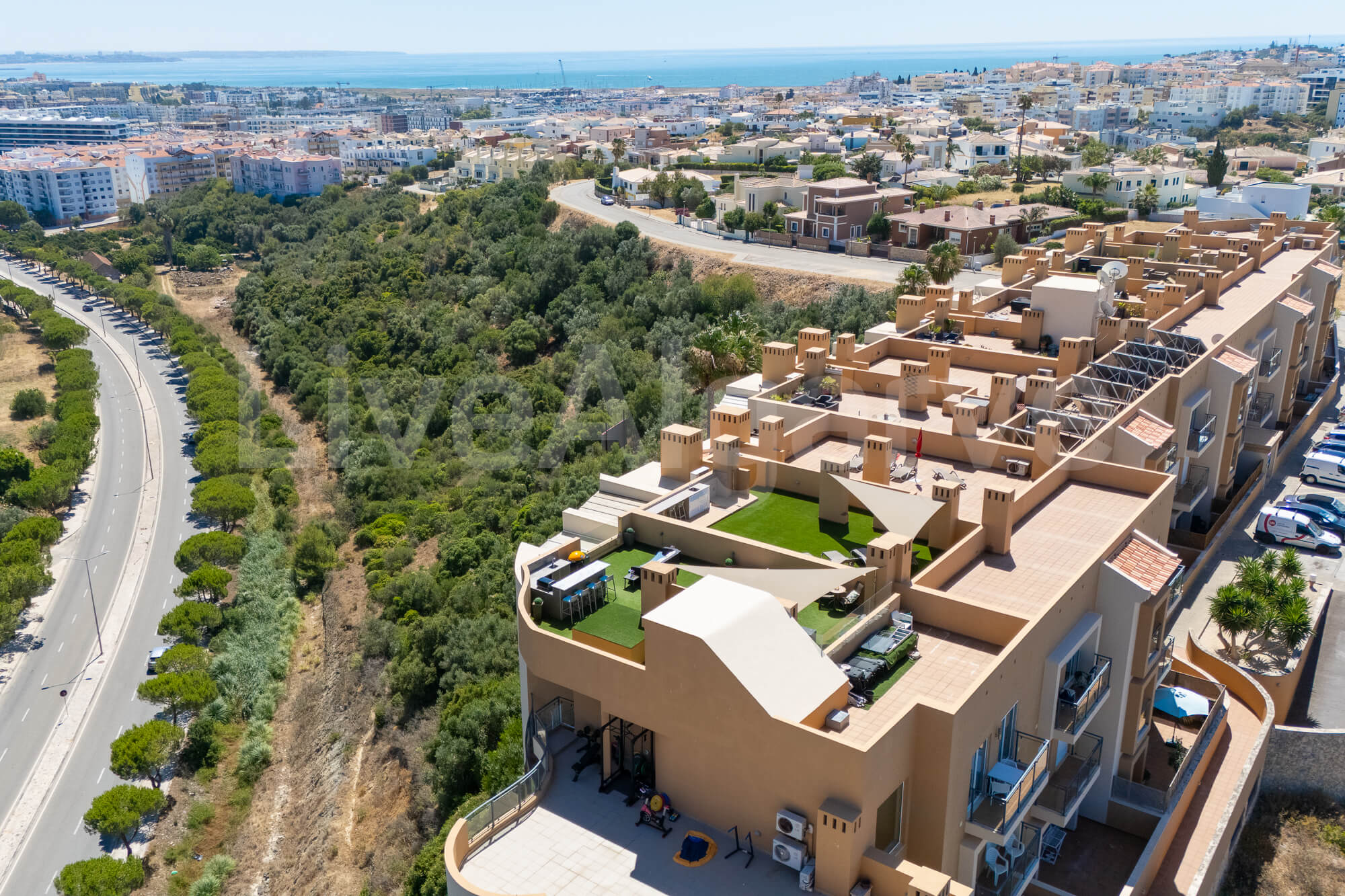Freehold vs Leasehold in Portugal – What Property Buyers Should Know
|
Freehold means total ownership of both land and property—ideal for luxury buyers seeking long-term security, while leasehold, though rare in Portugal, offers limited rights and requires careful legal review before investing. |
|
By LiveAlgarve on 1st August 2025 - 4-5 m. reading time When purchasing a luxury home in Portugal, especially in premium areas like Lagos, Portimão, or Carvoeiro, understanding the difference between freehold and leasehold ownership is essential. While the vast majority of properties in Portugal are sold as freehold, knowing the distinction is vital for any high-value purchase. What is Freehold Ownership?Freehold (in Portuguese, propriedade plena) means you own the property and the land it sits on outright, with no time limit or conditions on ownership. This is the standard arrangement for most villas, detached homes, and upscale apartments in Portugal. As a freeholder, you have full rights to use, lease, renovate, or sell the property at any time, subject to local planning laws. Freehold is the preferred model for luxury buyers because it offers long-term control and stability. Whether a private villa overlooking the Atlantic or a penthouse in central Lagos, owning the property outright gives peace of mind, particularly for international investors and those planning multi-generational ownership. What is Leasehold Ownership?Leasehold (in Portuguese, propriedade resolúvel) gives you the right to occupy or use a property for a fixed period, typically under a long-term lease agreement often 20, 50, or even 99 years. In this case, the land or building remains owned by a separate freeholder, and your rights may be limited depending on the lease terms. Leasehold is uncommon in Portugal’s residential property market and is usually limited to specific commercial arrangements or government concessions, such as land in protected zones, or properties within large-scale tourism or hotel developments. If a luxury property is advertised as leasehold, buyers should conduct extra due diligence, reviewing renewal clauses, restrictions on resale or subletting and any service fees. Legal advice is essential before entering into a leasehold transaction, particularly if you're not familiar with Portuguese property law. Why This Matters for Luxury BuyersWhen purchasing high-value real estate, clarity of ownership is critical not only for personal security but also for long-term asset management, resale value, and inheritance planning. Freehold gives complete autonomy, while leasehold carries more legal complexity and potential financial obligations. Most luxury villas and condominiums marketed in the Algarve especially through licensed agencies are freehold by default. However, buyers should never assume ownership type without confirmation from a legal advisor or notary. It's worth noting that under Portuguese law, all property sales must be recorded in the national land registry (Conservatória do Registo Predial), where ownership type and rights are clearly documented. SummaryFor potential buyers in Portugal’s luxury market, freehold ownership offers the greatest security and freedom. While leasehold properties are rare, understanding the distinction ensures you’re making a fully informed investment protecting both your lifestyle goals and your long-term financial interests.
|
